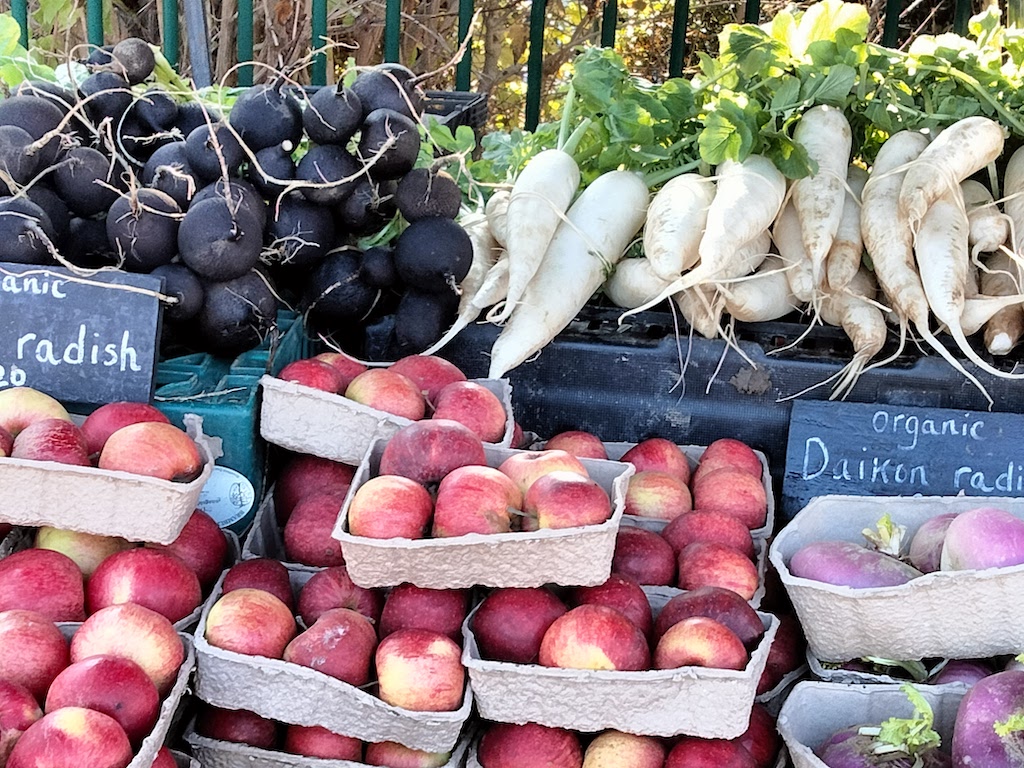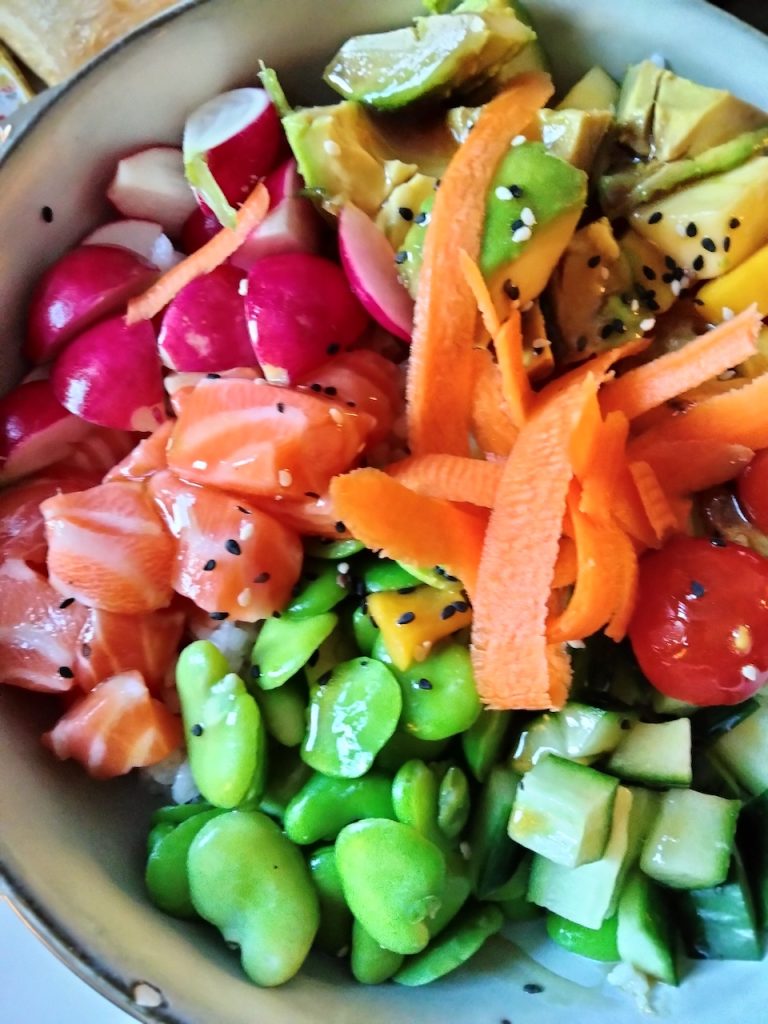What is Mindfulness?
Mindfulness is state of being. It’s not a specific exercise or activity. Being mindful is characterized by having a heightened sense of awareness and acceptance (without judgement). It doesn’t involve clearing your mind or getting lost in your thoughts. On the contrary, you are aware of physical sensations, thoughts and feelings as they occur, completely in the present moment. When you notice a thought, such as ‘I feel anxious,’ you leave it there. You don’t judge the feeling, elaborate on it or try to change it. Simply observe it.
You tune into sounds, smells, notice how your body moves and feels. You pay attention to your breathing. It’s a matter of taking everything in through a sense of awareness and peace. There are many ways to practice mindfulness, such as through meditation, a walk in nature, eating with mindfulness and being aware of all of your senses: seeing, hearing, tasting, smelling and feeling. You are not distracted with thoughts but are present in the moment, in the place, taking everything in.
Why practice mindfulness? Benefits include improved mental processing speed, focus and clarity, less intense/frequent feelings of anxiety and depression, improved adaptability during times of stress, decreased rumination and an enhanced ability to manage your emotions.










